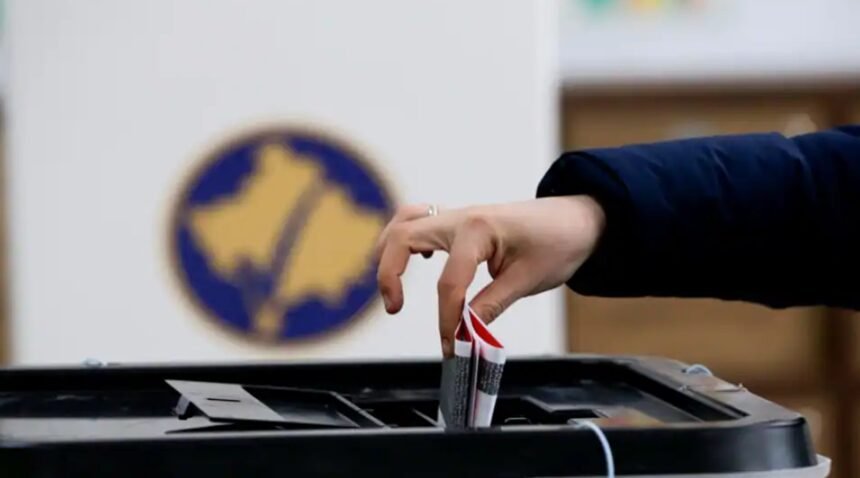Within just nine months, Kosovo has gone through two election processes — the parliamentary elections of February 9 and the local elections of October 12, with the runoff scheduled for November 9. There is also a strong likelihood that extraordinary parliamentary elections could be held in December if a new government is not formed.
According to the Kosovo Democratic Institute (KDI), holding new extraordinary elections would place a heavy burden on the state budget, as millions have already been spent on the previous two.
“The parliamentary elections of February 9 cost around €9 million, while the local elections of October 12 cost over €6 million. So, in total, about €15 million were spent within a short period. Any tendency to go for early elections further harms the budget. Another election would cost roughly €9 million more,” said Vullnet Bukaqku from KDI.
Frequent elections are also becoming frustrating for citizens, who say they are damaging the country and worsening their living conditions.
“Of course, it harms the country a lot. It’s a loss for citizens — we’ve had enough of elections, elections all the time…” said one citizen.
“The budget is being drained. We don’t need more elections; this money should be invested elsewhere,” added another.
Some, however, acknowledge that while frequent elections hurt the economy, they are necessary when the country faces institutional crises.
“They do damage the economy, but when there’s no way forward, elections must be held,” said another citizen.
Economic expert Lulzim Beqiri also emphasized that repeated elections within the same year negatively impact the country’s economy, not only financially but also in terms of institutional stability.







